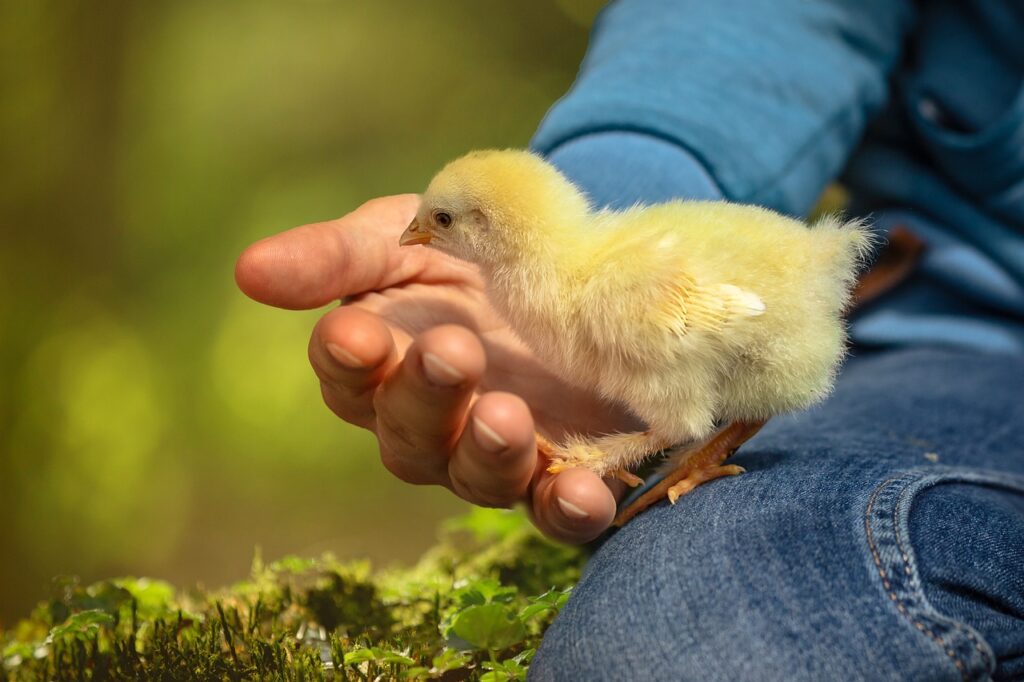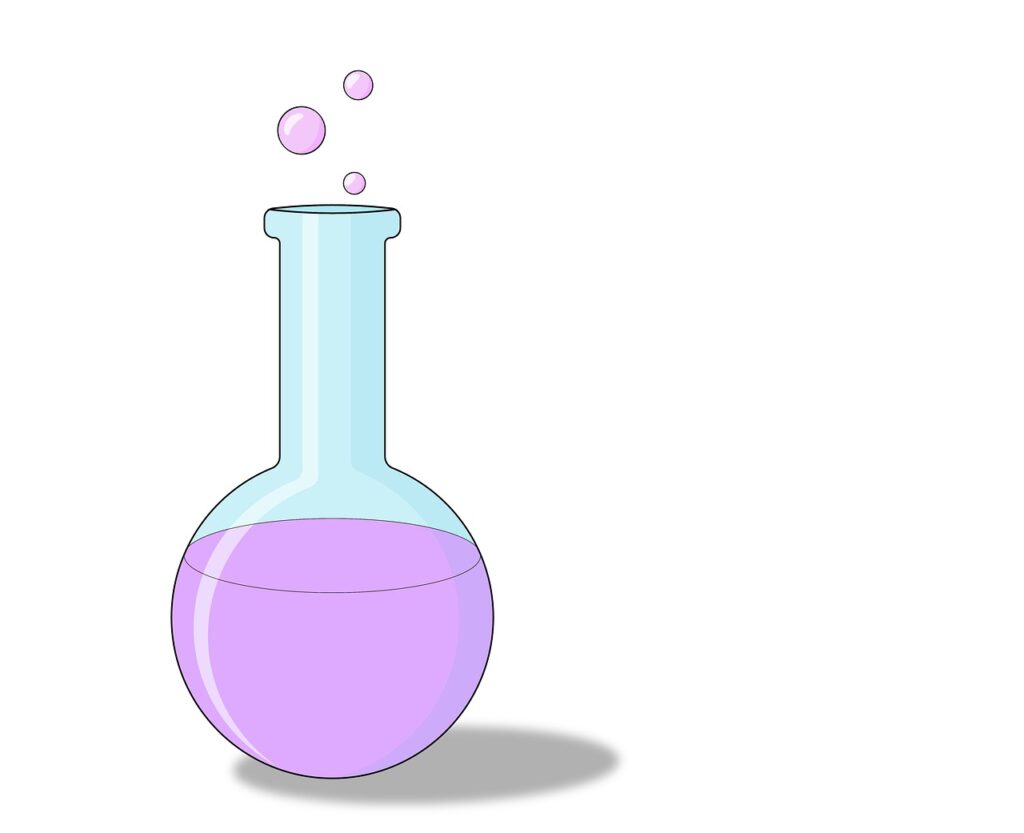Health and well-being is one of the most commonly pushed reasons to go vegan. You may have heard that eating a plant-based diet increases life expectancy, improves heart health, and reduces cancer risk. There is a bevy of scientific literature that points to the benefits of plant-based diets — but I don’t believe it should be the poster reason for going vegan. Because ultimately you can still reap the great benefits of a plant-based diet while consuming non-vegan foods.
So then, what’s the point of being vegan?
Empathy and Minimizing Needless Harm
The core of veganism is the philosophy that unnecessary cruelty should be avoided. In general, humans are kind and empathetic. And yet when it comes to “veganism,” many of us would never entertain the thought of being one. I can’t say I blame you for thinking that — I felt the same. The vegans that pushed out pseudoscience nutrition beliefs certainly didn’t help our reputation.
And yet, I would argue that the majority of people already have morals and beliefs that align with veganism.
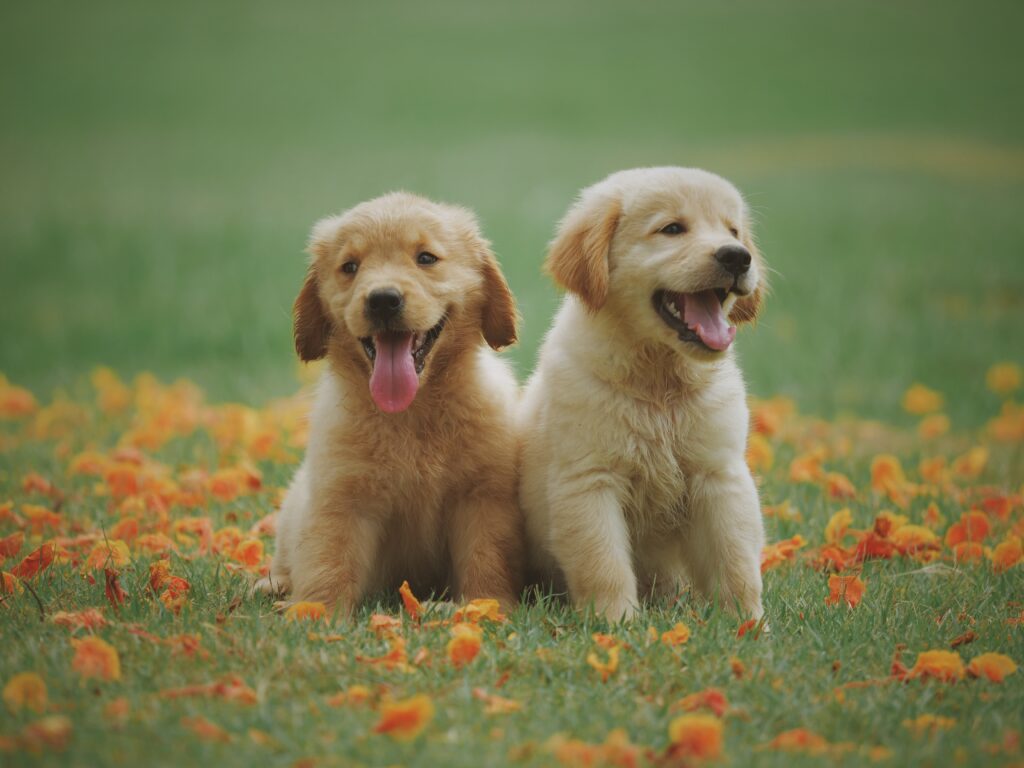
Say I tell you that I started a dog meat farm. My practice becomes so common that dog mass production spreads across the world. It becomes a core staple in the cuisine of billions, and everyone is dog-meat obsessed. Suddenly, I’m churning out and slaughtering over 90 billion dogs each year. The dogs are my product, and so I treat them as such. Normal dogs live for 15 years? I send mine to the slaughterhouse at 6 months, after pumping them full of growth hormones that their guts spill out of their own anus in my truck. If they get too big, no matter. I’ll electrocute them, starve them, and beat them enough to corral them into the massive trucks they go to the slaughterhouse in. If they die an awful death, it’s simply a business expense. It won’t get in the way of our profits. In fact, my model becomes so profitable that 99.9% of dogs in the united states are farmed in this matter.
If you are a kind person, you would be horrified. And rightfully so. Dogs are intelligent, innocent, and loving creatures full of personality. They do not deserve to be treated that way. They deserve to be protected.
Replace dogs with pigs, cows, or any other farmed animal and we suddenly stop caring. But why?
“Livestock is meant to be consumed,” or “It’s part of my culture,” are some of the excuses we justify our actions with.
Yet if another person’s way of life included senseless torture and slaughter of dogs, we would be the first to step in. Pigs are highly intelligent creatures, which have been found to have an even greater intelligence level than both dogs and a three year old child. Yet the scenario described above is not hypothetical. It is the farming process for pigs. We put innocent pigs through the worst conditions contrivable, only to reward their resilience with an inhumane, cruel death. It is the process we encourage each and every time we consume pork or bacon.
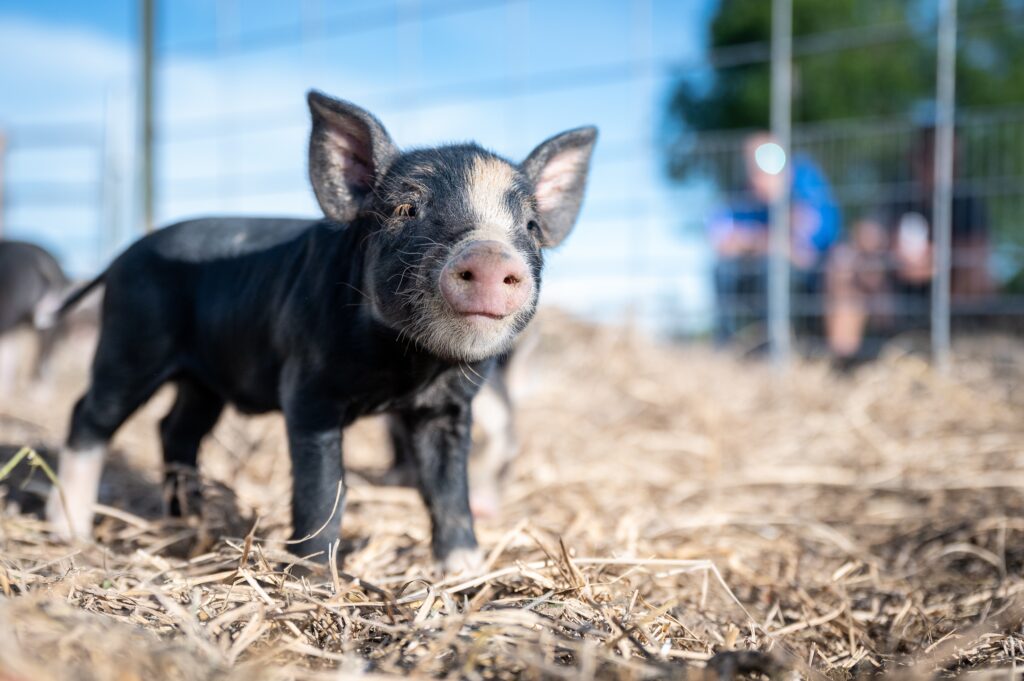
That said, many people in the back of their minds are aware of this, yet try to optimistically work around it. They state that they don’t agree with factory farming, and want a “more ethical” animal production system. Those same people then go out for a meal at a restaurant, and ignore that over 99% of meat production in the U.S is factory farmed. The small sliver of animals that are killed through free-range or organic farms still suffer awful animal abuse, they just meet a couple more guidelines. There is no ethical consumption of meat — we cannot kill an animal that does not want to be killed.
To illustrate this reality, lets look at the example of a dairy cow. Dairy cow’s do not need to be killed to produce milk, and the actual act of milking a cow has been shown to be not painful, so shouldn’t it be more ethical to produce?
Unfortunately, not at all. What we do to dairy cows today may one day fill history books with details of our atrocities.
Dairy Cows and Why Vegetarian Isn’t Enough.
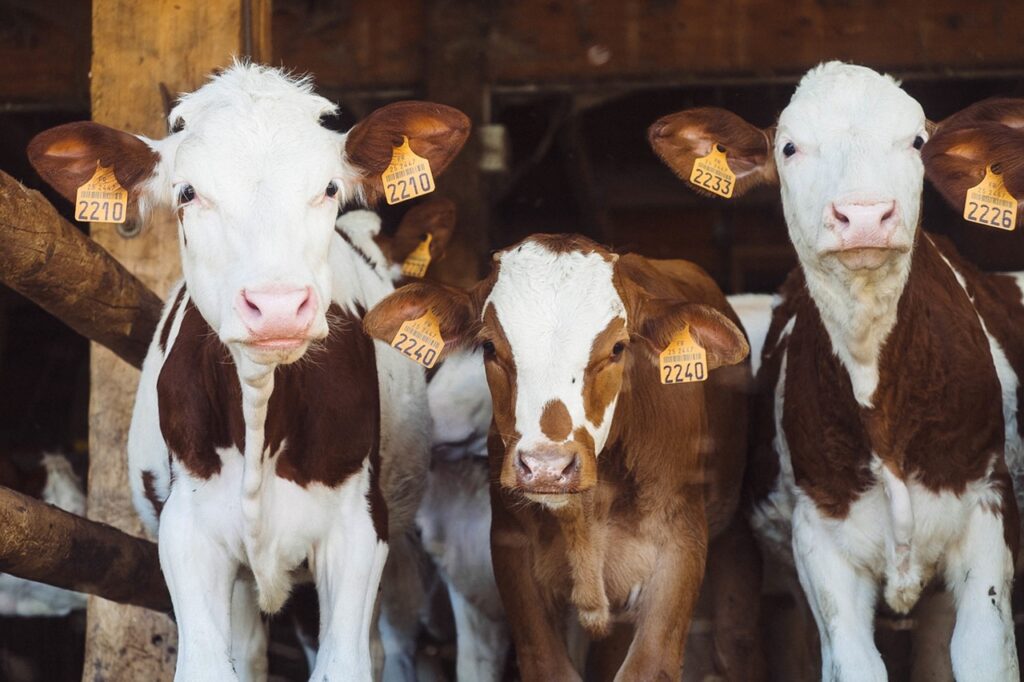
Dairy cows are one of the most abused, mistreated animals on the planet — and the reason I felt forced to become vegan five years ago. A dairy cow can not produce milk without being pregnant. We humans are the same. Industrial dairy cows thus must be impregnated in order to produce milk for their calves. And so begins the typical life cycle of a dairy cow:
A dairy cow is first impregnated at roughly two years old. This is done through artificial insemination, an extremely invasive process that allows a dairy cow to give birth to a calf, and subsequently produce milk to feed that calf. Once the calf is born, they are almost immediately taken away, causing them to cry out for days in agony of losing their child. The suffering does not end there, in fact, it has only just begun. For the next ten months, the dairy cow is forced to consume hormones that allow it to produce seven and a half gallons of milk per day. As soon as those ten months of lactation have ended, the cow is re-inseminated, and the same horrifyingly cruel cycle begins anew. Her only relief from this mechanic cycle comes when she can no longer produce milk, at which point she is sent to the slaughterhouse at five years old. Twenty years short of their twenty-five year lifespan.
There is no ethical world that can exist based upon the suffering of defenseless animals. Vegetarianism is not enough. Eating less meat is not enough (though both are a great start!). As humans, we cannot continue to perpetuate a system that results in the senseless suffering and death of 90 billion land animals. These animals can not speak for themselves. They can merely cry out in pain. They are fully at our mercy. And as a result, we choose to abuse them to their fullest potential.
Cruelty and Kindness Are Both Choices
The reality of our treatment of animals is that it is almost entirely by choice. Industries make it harder for consumers, going as far as actively suppressing animal rights activism and making their process as opaque as possible — clouding the average consumer’s decision. But the reality is that once you know this information, like you do at this point in the article, perpetuating this cruelty is entirely a choice that you make.
Each time you eat a burger or purchase bacon and eggs at a restaurant, you are indicating that you want this behavior to continue, so long as the end result is a tasty meal. You are voting with your money. Your purchase tells the restaurant to keep making that food to satisfy your demand, causing the restaurant to continue to order from the meat producers, condemning another cow, pig, chicken, or other animal to a gruesome death.
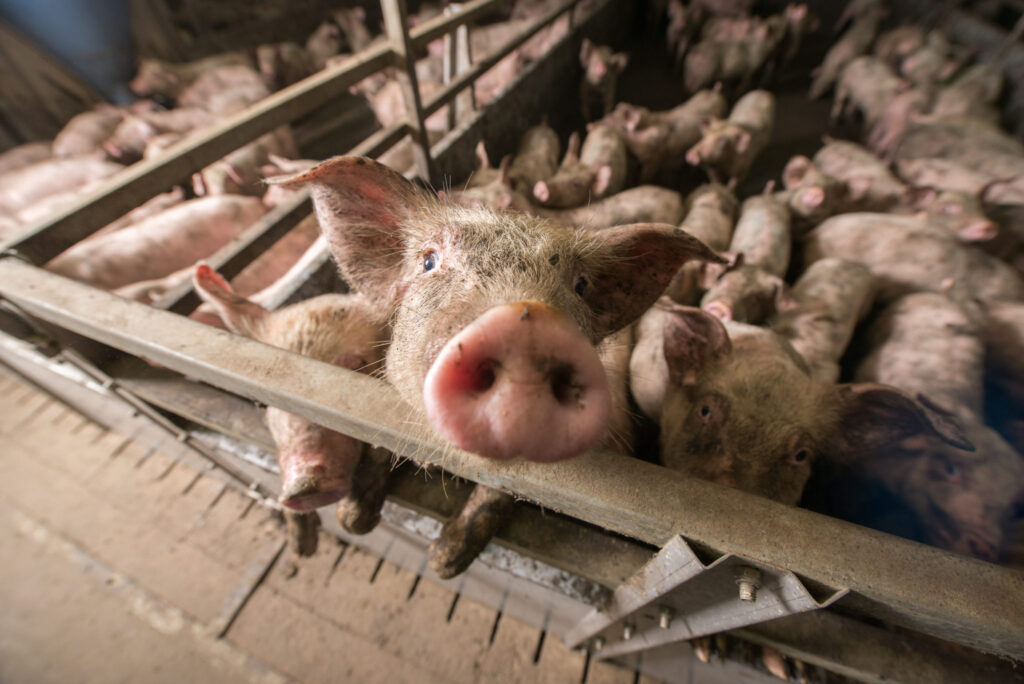
If you love the taste of meat and feel it is truly agonizing to give it up, there are plenty of reasons to be happy and hopeful. Going vegan has become so easy. Plant-based substitutes are becoming extremely realistic (have you had a beyond burger recently?), and the US just cleared lab-grown meat for sale for the first time ever. You can satisfy your taste and food cravings without perpetuating one the worst ethical systems humans have created this century. If you look back at history and are astounded by humanities atrocities, consider that you are in the middle of one right now.
Your change does not need to be all at once, though there is reason for urgency. Each purchase of an animal product condemns another innocent being. Yet some change is better than none.
Want to learn more about being Vegan?
I have written a comprehensive guide to vegan protein sources, which tends to be many people’s first question.
For something a bit more, Youtuber Earthling Ed has great tips on a transition towards veganism. The biggest tip is to make it easy: veganize the dishes you love, and take care of your health. Keep an eye on the foods you are eating, and make sure you are getting all the nutrients you need, especially Vitamin B12.
Once you start eating vegan, the world of food will open up even more. There are so many cuisines with incredible vegan proteins that you may never hear about if you only eat meat.
Good luck on your journey!

